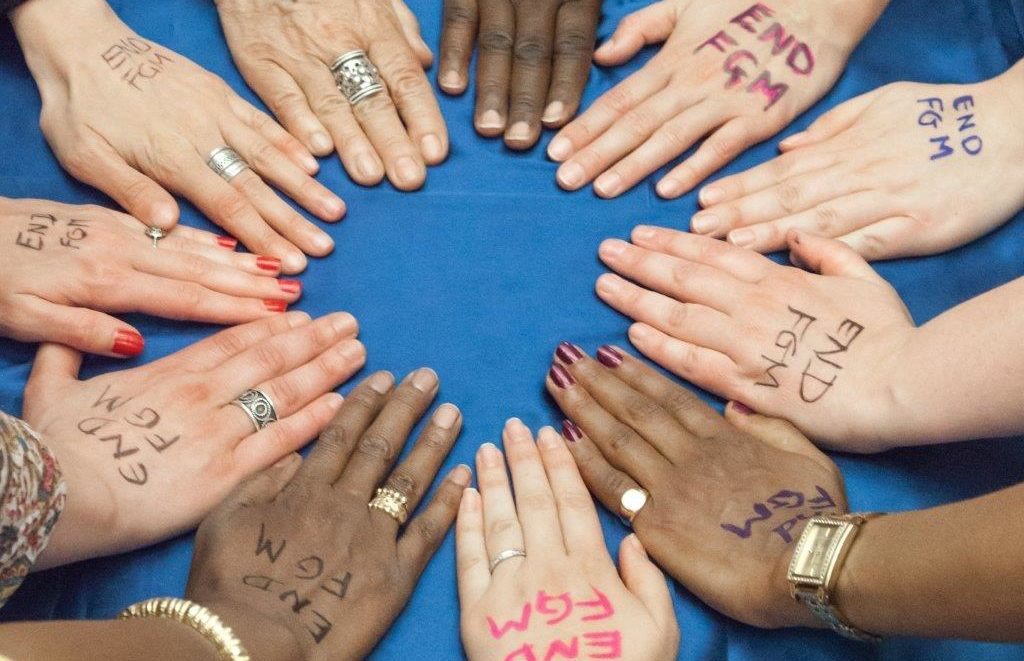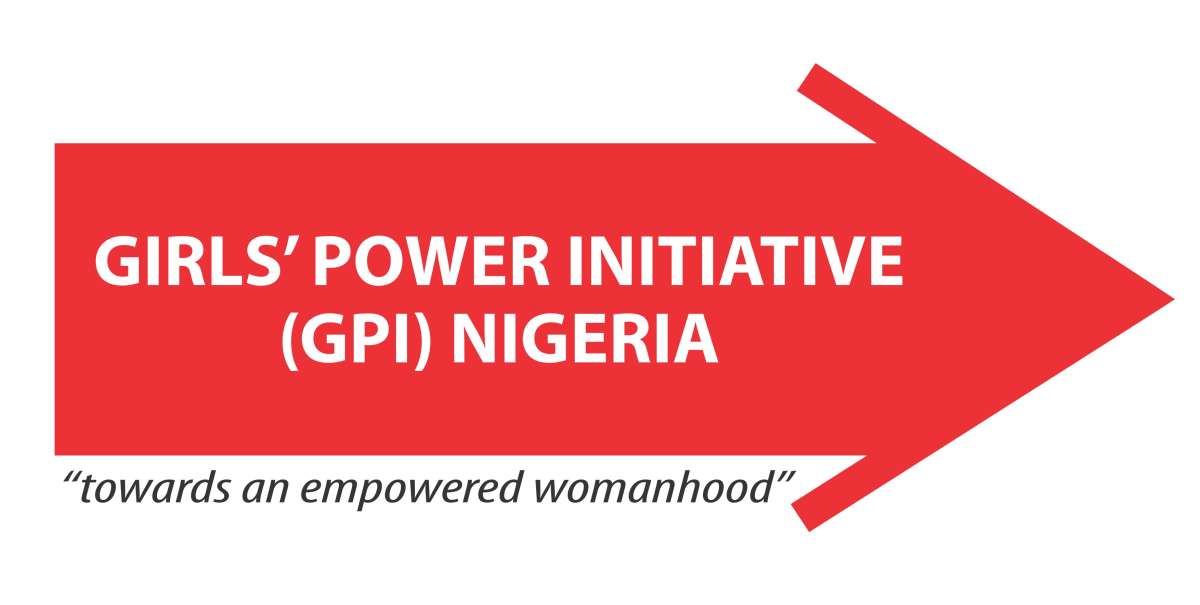
On this 6th of February, 2018, Girls Power Initiative Calabar Centre adds its voice to the worldwide chorus of Zero Tolerance for Female Genital Mutilation.
The World Health Organisation defines FGM as comprising all procedures involving the partial or total removal of the external female genitalia. FGM is undertaken for cultural and non-medical reasons.
Estimates suggest that 200 million women and girls have lived through FGM worldwide. The practice leads to a myriad of harmful outcomes, leaving scars both physical and psychological. In many cases, women experience menstrual and urinary abnormalities, as well as chronic infections of the pelvis and reproductive organs. In the fallout from the procedure, women report diminished sexual gratification, as well as low self-esteem and post-traumatic stress.
In their joint statement ahead of the International Day for Zero Tolerance, the executive directors of UNFPA and UNICEF accurately describe FGM as “a violation of human rights that both reflects and perpetuates the low status of girls and women.”
Two federal laws, the Child Rights Act, passed in 2004, and the 2015 Violence Against Persons Prohibition (VAPP) Act, clearly forbids FGM. In addition, 8 states within the Nigerian Federation, including Cross River, have passed their own laws barring FGM. However, this Harmful Traditional Practice persists. The WHO has found that Nigeria has the highest number of FGM cases in the world, with more than 40 million women and girls having been subjected to the procedure.
In some cases, FGM is practiced due to misconceptions about the functions of the clitoris. Some cultures believe that FGM may prevent promiscuity or complications during childbirth. In other circumstances, FGM is believed to generate more love and respect to women from their husbands.
As a feminist organization working towards an empowered womanhood, GPI Calabar Centre believes that FGM presents an enormous obstacle to women and girls realizing their full potentials and healthy development.
Throughout the 25 years since its inception, GPI Calabar Centre has been leading the charge against Harmful Traditional Practices like FGM at the grassroots level. GPI programming remains committed to challenging FGM; this issue makes up a central plank of the curriculum in GPI’s Sunday Lessons for adolescent girls, who are the primary beneficiaries of the programme. Upon graduation, GPI girls are asked to carry out social work in rural communities to enlighten the communities on the harmful effects of the practice.
In addition, GPI has established a Community Partnership Group on Girls Empowerment (CPGGE) in four rural communities in Cross River State. The initiative has been a great success in equipping individuals from these communities with the knowledge and skills to intervene on behalf of those affected.
We implore law makers and civil society organizations to continue pushing for effective implementation of the existing laws and structures prohibiting FGM. We also call upon all girls, boys, women and men to raise their voices in favour of eradicating FGM once and for all!
